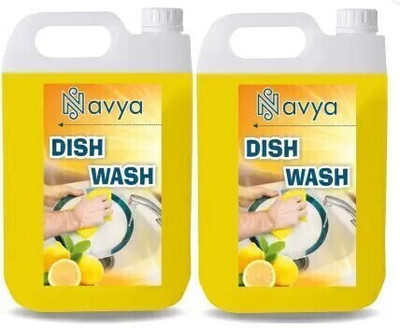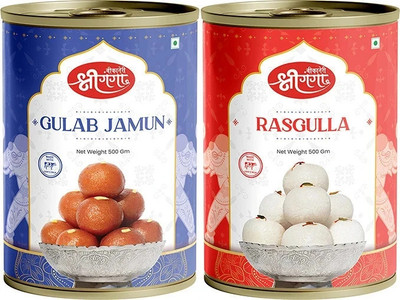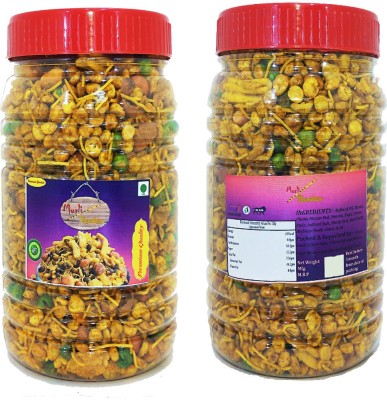

Freedom Sale starts in16 mins : 10 secs
Golden Tree Organic Ajwa Khajoor| Premium Quality| Sweet & Soft Dates for Healthy Snacks Dates (1 x 500 g)
Share
Golden Tree Organic Ajwa Khajoor| Premium Quality| Sweet & Soft Dates for Healthy Snacks Dates (1 x 500 g)
4.4
58 Ratings & 3 ReviewsSpecial price
₹551
₹820
32% off
@234/250g
Coupons for you
T&C
Available offers
T&C
T&C
T&C
T&C
Delivery
Check
Enter pincode
Delivery by19 Aug, Tuesday
?
if ordered before 11:59 PM
View Details
Quantity
- 500 g500 g
Please select a Quantity to proceed
Highlights
- Dried
- Comes in a Box
Services
- Cash on Delivery available?
Seller
Specifications
In The Box
| Pack of |
|
General
| Brand |
|
| Quantity |
|
| Type |
|
| Variant |
|
| Container Type |
|
| Model Name |
|
| Combo |
|
| Maximum Shelf Life |
|
| Ingredients |
|
| Nutrient Content |
|
| Caloric Value |
|
| Organic |
|
| Added Preservatives |
|
| Regional Speciality |
|
| Manufacturing Process |
|
| Fortified |
|
| Allergens Included |
|
| Gift Pack |
|
| FSSAI Number |
|
| Net Quantity |
|
Additional Features
| Certification |
|
Dimensions
| Height |
|
| Width |
|
| Depth |
|
| Weight |
|
Legal Disclaimer
|
Ratings & Reviews
4.4
★
58 Ratings &
3 Reviews
- 5★
- 4★
- 3★
- 2★
- 1★
- 36
- 13
- 7
- 0
- 2
4
Wonderful
Very nice
READ MOREDanish Khan
Certified Buyer, Shahjahanpur
4 months ago
1
0
Report Abuse
5
Wonderful
Awesome
READ MORESatham Hussin
Certified Buyer, Sundarapandianpattinam
1 month ago
0
2
Report Abuse
4
Value-for-money
Good
READ MOREArcot Malini
Certified Buyer, Hyderabad
2 months ago
0
0
Report Abuse
Be the first to ask about this product
Safe and Secure Payments.Easy returns.100% Authentic products.
Back to top

















